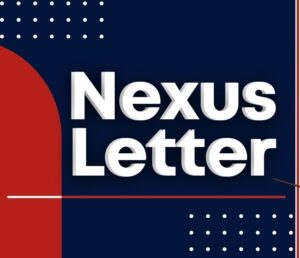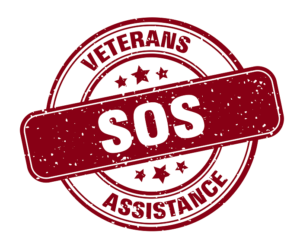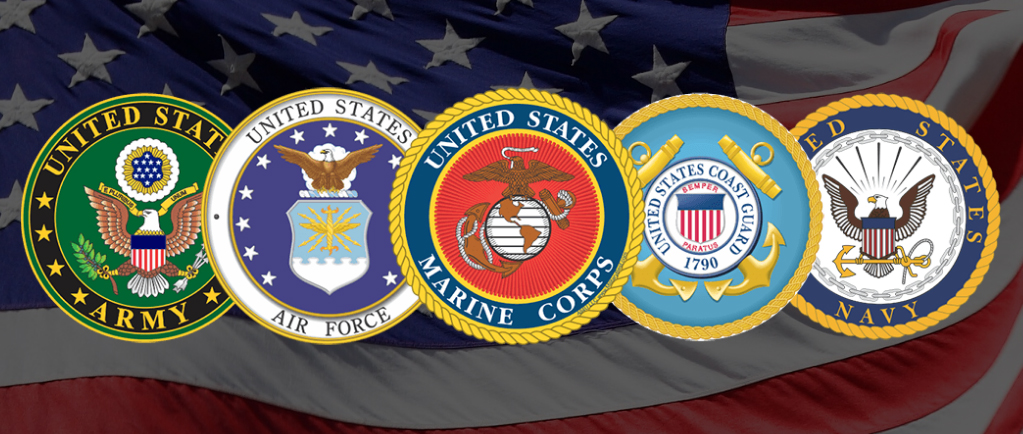Nexus letters.

A nexus letter (medical opinion) is a document provided from a medical provider (private, DOD, or VA) that states: in the medical provider’s opinion, they believe that (for example) a back condition is related to the Veteran’s active-duty military service.
Nexus letters are used during the claims process. More importantly, they are used during appeals to the U.S. Department of Veterans Affairs (VA) Board of Veterans Appeals (the “Board”). If the regular method of prosecuting a Veteran’s claim (using Veteran’s lay statements, buddy statements, and all VA examinations are done properly, and all VA duty to assist “DTA” duties are performed by the VA), and the Agency of Original Jurisdiction (formerly known as the Regional Office or “RO”) denies the claim, then we request a nexus letter from a medical provider.
The reason we don’t use nexus letters is because if the all the VA DTA duties are performed, and all the VA exams are adequate, then all there is NEGATIVE medical evidence against the Veteran. A nexus letter is then needed at this time. The nexus letter is POSITIVE medical evidence for the Veteran. Thus, during an appeal, when a Board judge looks at the evidence, there is a tie of POSITIVE and NEGATIVE medical evidence, and in appeals, when there is an approximate balance (a tie) of POSITIVE and NEGATIVE, the tie goes to the Veteran.
When there is a nexus letter associated with the Veteran’s claims file, generally, the AOJ is supposed to send the claims file back to the doctor that did the first examination so that the VA examiner can opine as to why they think the private medical opinion (nexus letter) is wrong and his, the VA examiner’s, medical opinion is correct.
If the claim goes to appeal to the Board, then the Board Veteran Law Judge (VLJ) must determine whether the VA doctor does an adequate opinion as to why he thinks the private nexus letter is wrong and his is right, and if so, the VLJ has to adequately explain why they think the positive nexus letter has less weight than the VA examination, before they deny the claim. Generally, if all VA DTA duties are performed, and there is a positive nexus opinion in the Veteran’s claims file, the VLJ will grant service connection because when there is approximate balance of evidence in a claim, the tie goes to the Veteran. This is because if the VLJ doesn’t adequately explain why the positive nexus letter is better, then if we appeal to the U.S. Court of Veterans Appeals (CAVC), they usually say, hey, you have a positive nexus letter, you (VLJ) didn’t adequately explain why this POSITIVE evidence has more weight, therefore, we (CAVC ) are sending it back to the Board (a Remand) to do the claim correctly.
So generally, the VLJ grants service connection because the tie goes to the Veteran AND they don’t want to be told by CAVC they were wrong, and do it again.
So essentially, we do not need nexus letters until we have used a Higher-Level Review (HLR). A HLR is what is known as the first bite of the apple (a senior rater at the AOJ looks at the claim and determines whether the first rater was right or wrong in denying the claim), and the second bite is appealing to the Board.
Thus, a nexus letter would be helpful if we have to appeal to the Board. Therefore, this is when a nexus letter is needed.
Hope this helps with the explanation of when we need a nexus letter.

